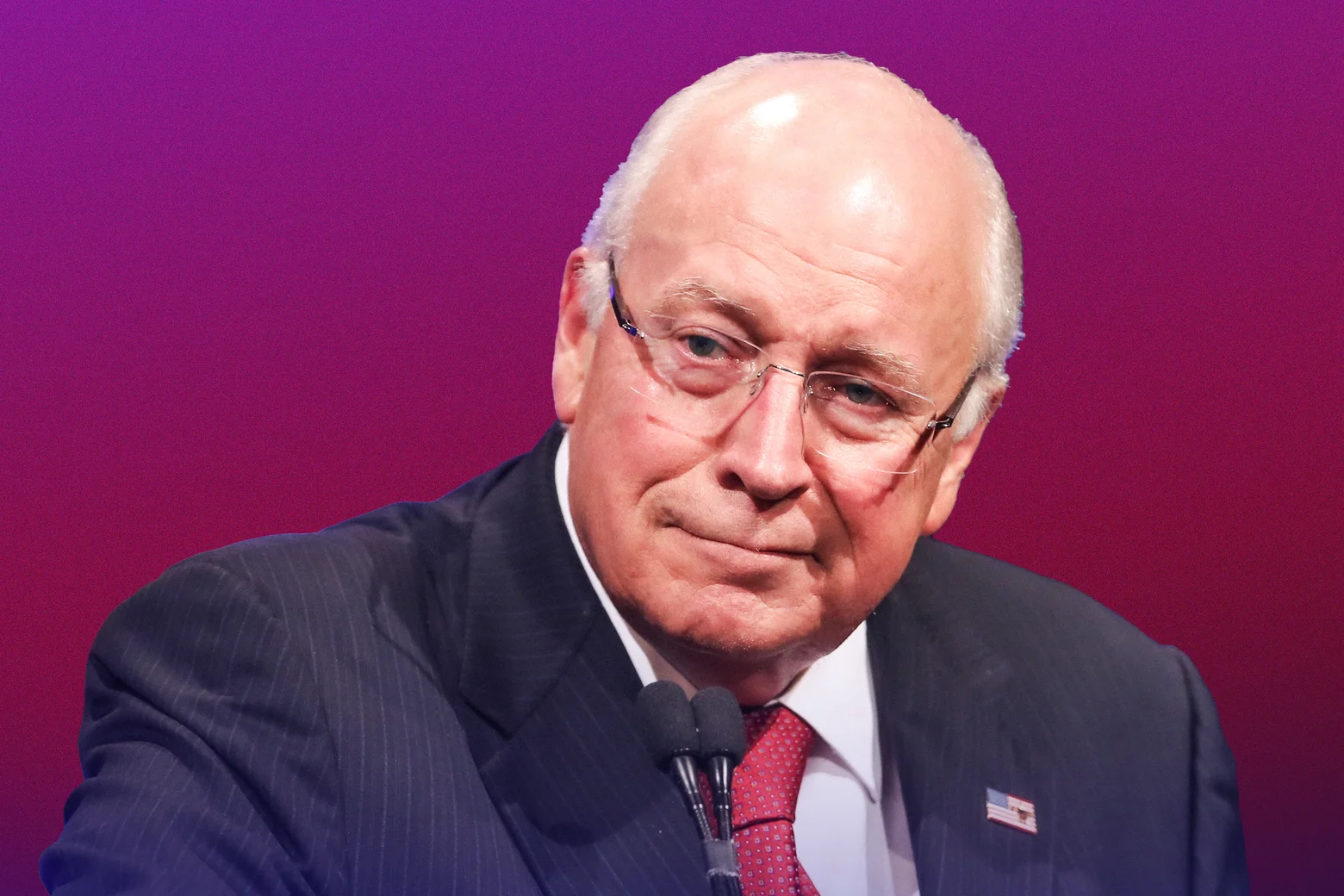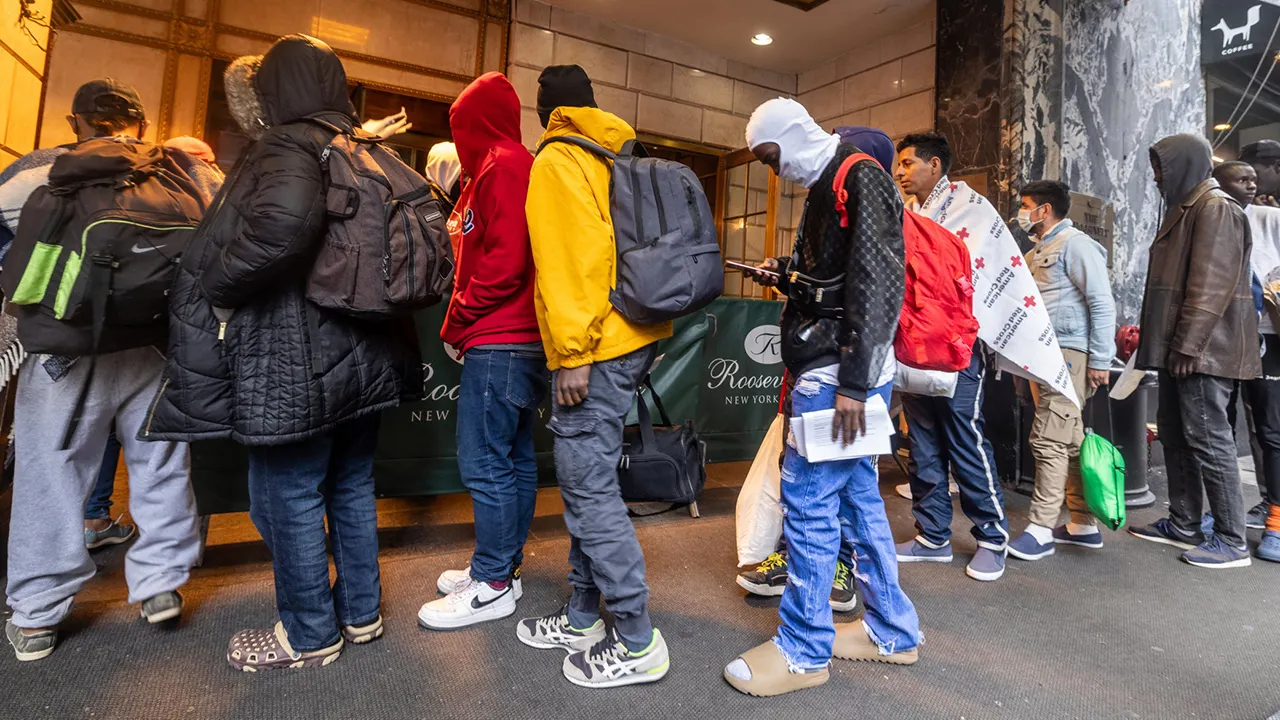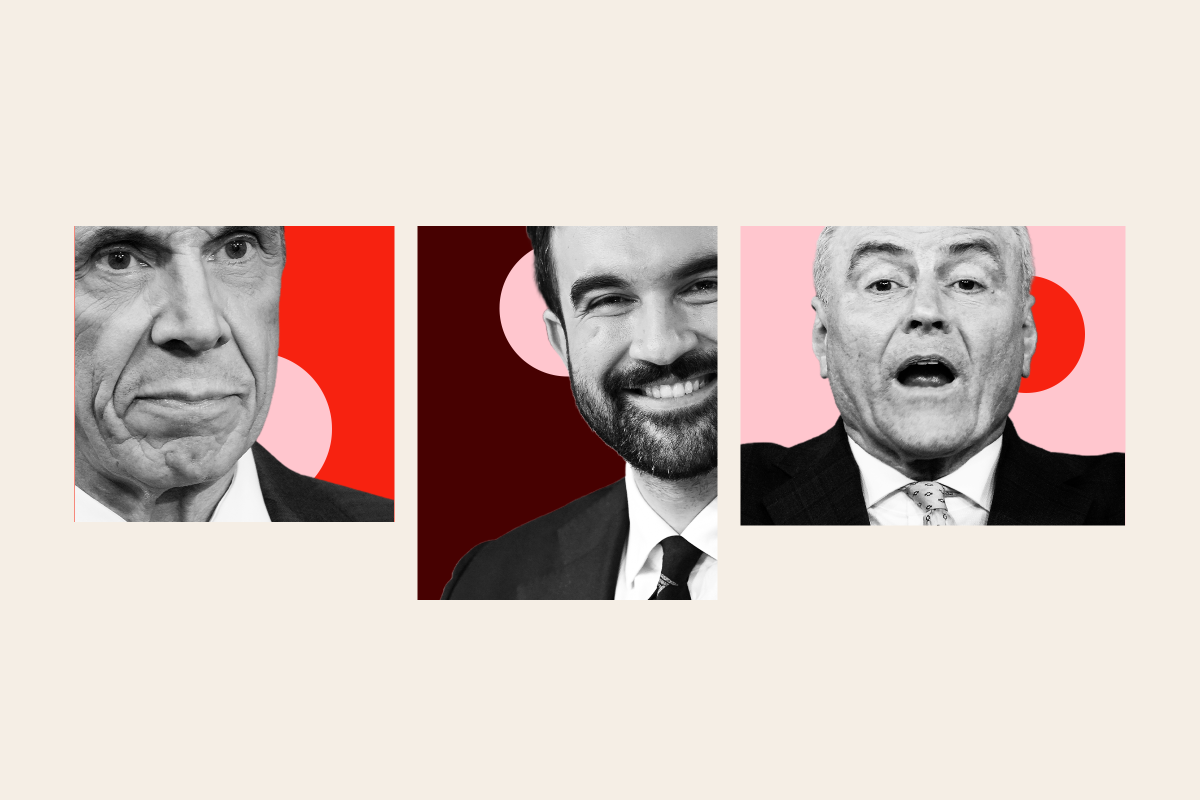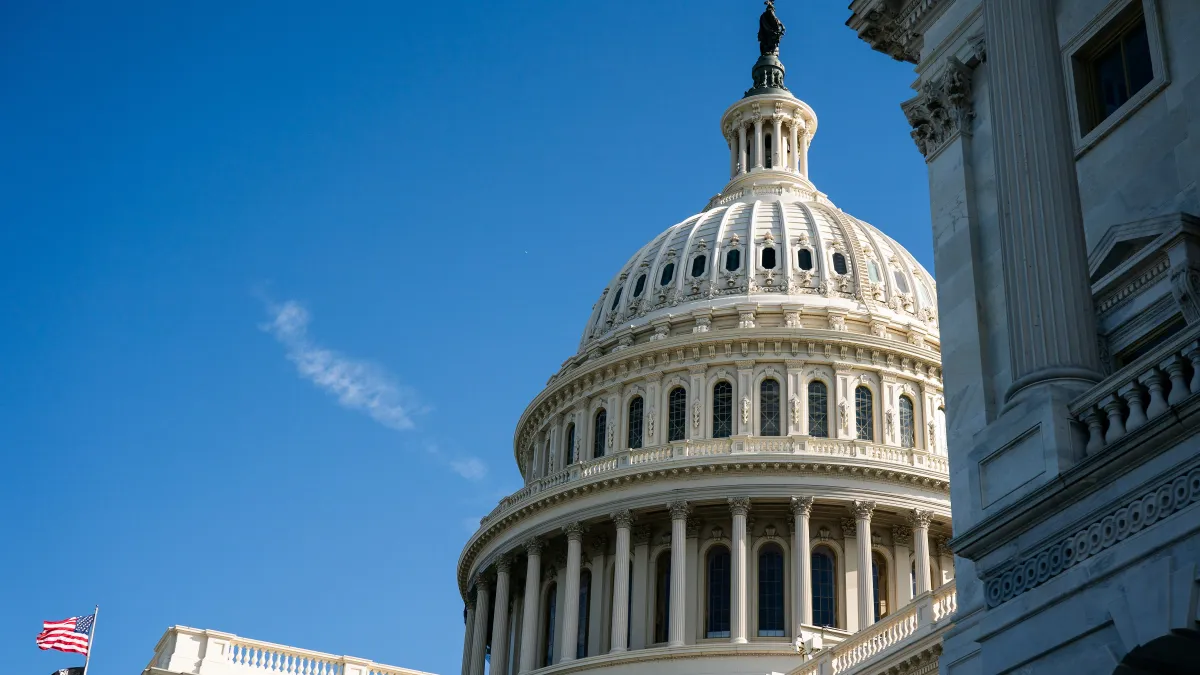Copyright Slate

Sign up for the Slatest to get the most insightful analysis, criticism, and advice out there, delivered to your inbox daily. Dick Cheney—the most powerful vice president in American history and a key architect of U.S. foreign policy just after the end of the Cold War—died an irrelevant, all-but-forgotten figure on Monday at the age of 84. His descent came about because of his own disastrous mistakes, and dramatic changes in Republican Party politics (which were themselves partly a result of his mistakes). He figured briefly in the 2024 elections, when Kamala Harris touted his endorsement, hoping it would lure enough anti-Trump Republicans to give her the edge. But it turned out Cheney no longer had any standing (Harris won just 5 percent of GOP voters, fewer than Joe Biden had won four years earlier), and Harris’ praise of him—her claim to be “honored” by his endorsement—may have moved more of her fellow Democrats to stay home. Cheney was officially President George W. Bush’s No. 2 from 2001–09, but in fact dominated the administration through the first of his two terms in office. He played especially key roles in the invasion of Iraq, the launching of the global war on terror, and various decisions to exploit what he saw as America’s “unilateral moment”—its Cold War victory over the Soviet Union—by expanding U.S. power while brushing aside traditional allies and downplaying (sometimes sabotaging) peaceful diplomacy. He was, and still is, often called a leader of the “neoconservative” moment, but in fact, there was nothing “neo” about him. He more closely fit the mold of a classic nationalist-imperialist of the 18th or 19th century. Whatever you might call him, his approach to changing world politics, for the most part, went badly. Much of that approach and his appetite for power were formed during Richard Nixon’s presidency, when the White House chief of staff, Donald Rumsfeld, recruited him as deputy. After Nixon resigned and Gerald Ford, his successor, nominated Rumsfeld as secretary of defense, Cheney moved up as chief of staff—at age 34, the youngest ever. Rumsfeld and Cheney both had a close-up view of Nixon’s harsh decline during the Watergate scandal and the impending impeachment. But they took away not the standard lesson of the time—the dangers of an “imperial presidency”—but rather its opposite: a distrust of legislative power and a felt need to expand executive-branch power. After Ford lost to Jimmy Carter in 1976, Rumsfeld went off to the corporate world, emerging occasionally to chair special commissions on policy. Cheney went home to Wyoming, ran for Congress, rose to top GOP positions in the House, and took part in “continuity-of-government” drills in case of nuclear war. In 1989, President George H.W. Bush nominated John Tower, chairman of the Senate Armed Services Committee, to be his defense secretary. Remarkably, Tower’s own colleagues rejected him, mainly due to reports of his frequent drunkenness. Bush nominated Cheney: He’d known him from the Nixon days, and he figured—correctly—that the nomination of a popular, well-informed, straight-arrow congressman would go quickly. I covered Cheney’s tenure in the Pentagon as defense reporter for the Boston Globe. He had been a right-wing congressman, opposing every socially progressive measure, even recognition of Martin Luther King’s birthday and sanctions against South Africa’s apartheid government. But he turned out to be a competent manager of the defense establishment, especially during the first Gulf War. He listened to well-informed tacticians and strategists, endorsed Bush Sr.’s decision to stop the war after U.S. forces pushed the Iraqi invaders out of Kuwait (some had urged Bush to keep going all the way to Baghdad and to topple Saddam Hussein), and (despite some initial internal opposition) testified in favor of massive cuts in the defense budget after the Cold War was over. He returned to Wyoming after Bill Clinton beat Bush Sr. in the 1992 election. In 2000, Bush’s son, George W., won the GOP nomination and, on his dad’s advice, asked Cheney to vet possible running mates. In the end, Cheney thought the best choice would be … himself. Back during his time in Nixon’s White House, and then in the House leadership, Cheney had formed an entourage of his own acolytes and had mapped out the real positions and linkages of power throughout the federal government. After Bush won the election, during the transition, Cheney placed his people in those slots of real power. As Barton Gellman reported in his book Angler: The Cheney Vice Presidency, by the time of Bush’s inauguration, Cheney had grasped control of the executive branch. This was true especially in foreign and defense policy. He formed a parallel National Security Council inside the Office of the Vice President. More crucially, he persuaded Bush to bring back his old friend Donald Rumsfeld as defense secretary (this, over the objections of Bush Sr., who had grown to despise and distrust the man in his own term). Working as a tag team, Cheney and Rumsfeld outmaneuvered the official National Security Council, headed by Bush’s highly educated but politically green national security adviser, Condoleezza Rice—and did the same to Bush’s secretary of state, now-retired Gen. Colin Powell. The latter displacement took everyone by surprise, not least Powell, who came into the job as a worldwide celebrity who thought that he would be running foreign policy. Back in 1992, when Cheney was running the Pentagon, he had supervised a Defense Planning Guidance which concluded that America’s objective should be not only “to prevent any hostile power from dominating a region” but also to discourage any “advanced industrial nations” from challenging U.S. leadership. In the Middle East and South Asia especially, the goal should be “to remain the predominant outside power … and preserve U.S. and Western access to the region’s oil.” Now as vice president, Cheney revived the document as policy (not merely policy guidance) and installed its chief authors in top second-tier positions in the Pentagon, the State Department, and the White House. The terrorist attacks of Sept. 11, 2001, stamped these ideas with new urgency. Unlike the authors of the earlier document, notably Paul Wolfowitz, Cheney had no special interest in restarting the Iraq war or overthrowing Saddam Hussein. But he was now on the lookout for threats everywhere and bought into raw intelligence reports that drew links between the al-Qaida terrorists and Saddam’s regime in Baghdad, as well as other reports that Saddam was developing nuclear weapons—and so, just days later, laid the groundwork for an invasion of Iraq. It is still unclear whether Cheney believed these reports or merely cited them as an excuse to pursue his real goal of expanding—and crushing anyone challenging—U.S. power. Specialists in the CIA and other intelligence agencies dismissed reports of an Iraqi–al-Qaida link; some of them also rebutted suggestions that Saddam was close to building a nuclear weapon. But Cheney (and Rumsfeld) had a history of disputing the CIA; sometimes they’d been in the right. Even if the agency’s analysts were right about the unreliability of certain sources claiming the worst about Iraq, they might be missing the true picture. Maybe Cheney really thought Saddam was building nukes and cutting deals with al-Qaida, and decided to go with the sources who confirmed his beliefs. Or maybe he thought that making those claims about Iraq would legitimize his desire to invade Iraq for its own sake. Either way, Cheney consciously misled the nation into its deadliest war in decades—and one of its deepest strategic errors ever. For his entire first term, Bush had ceded control of foreign policy to Cheney and Rumsfeld. After he won reelection, Bush started taking back some of that power. Realizing that the Iraq war was going badly, he fired Rumsfeld and replaced him with an old favorite of his father’s, former CIA Director Robert Gates. With U.S. forces enmeshed in Iraq and Afghanistan, Gates made it his top priority to stay out of a third war in a Muslim country. Right away, Gates realized that Cheney was trying to coax Bush into bombing the nascent nuclear program in Iran. But Cheney no longer had Rumsfeld as a tag-team partner, and Gates—well aware of the team’s former tactics—traveled across the Potomac to the White House nearly every day, making sure to attend every interagency meeting, to keep Cheney from winning the argument. With nearly every issue on the table, Cheney argued for using force and opposed diplomacy. Early on in his first term, Cheney had single-handedly thwarted nuclear talks with North Korea, which Bill Clinton had started and Colin Powell, as secretary of state, wanted to continue. “We don’t negotiate with evil, we defeat it,” Cheney had said publicly. Halfway into his second term, Bush tried to restart the talks, but by now it was too late. As a general matter, Bush finally understood how Cheney had railroaded his entire presidency. Now the vice president grew steadily more isolated—and so it remained through the rest of his term. President Barack Obama had Gates stay on as secretary of defense. Cheney was left in the wilderness, no longer even a power within the GOP, whose leaders now recognized that Iraq had been a disaster in every way. The consensus view was, and remains, that Saddam was not developing nukes, that he had no ties to al-Qaida, and that the war was badly run from the get-go. Had Dick Cheney devolved into a different person—more hard-line and ideological—from the man he’d been as Bush Sr.’s defense secretary? Some of his former colleagues have long thought he had changed, perhaps the lingering result of four heart attacks (plus a fifth after he left office), which can affect blood flow to the brain. Colin Powell, who was chairman of the Joint Chiefs of Staff when Cheney was defense secretary, told me later that, in his view, Cheney never changed. Under Bush Sr., he was “surrounded by grown-ups,” not least Powell himself. Under Bush Jr., he was not. Historians will no doubt quarrel about the point for years to come. The aftermath, though, is very clear. Partly as a result of the failures in Iraq, the Republican Party moved away from Cheney’s brand of interventionism—and even toward, under Donald Trump’s MAGA movement, a sort of isolationism. Meanwhile, the Democrats had never bought his policies. In his first few years out of power, Cheney was invited on TV to rail against Obama’s foreign policy, but, especially after Obama ordered the raid on Osama bin Laden’s lair and ordered hundreds of drone strikes in Afghanistan and elsewhere, the tirades against Obama’s supposed weakness seemed not only clichéd but simply wrong. And so he retreated back to Wyoming. His daughter, Liz, won his seat in Congress, rose to a leadership position, and eventually leveled attacks on President Trump for trying to overthrow the 2020 election, especially by inciting the Jan. 6 riots. Dick Cheney applauded his daughter, criticized Trump himself, and even endorsed Kamala Harris for president. But his words had no impact. Even his daughter, who had risen more recently, was expelled by the party’s new elders. Dick Cheney, for many years the ultimate insider, ended his life a nowhere man.



